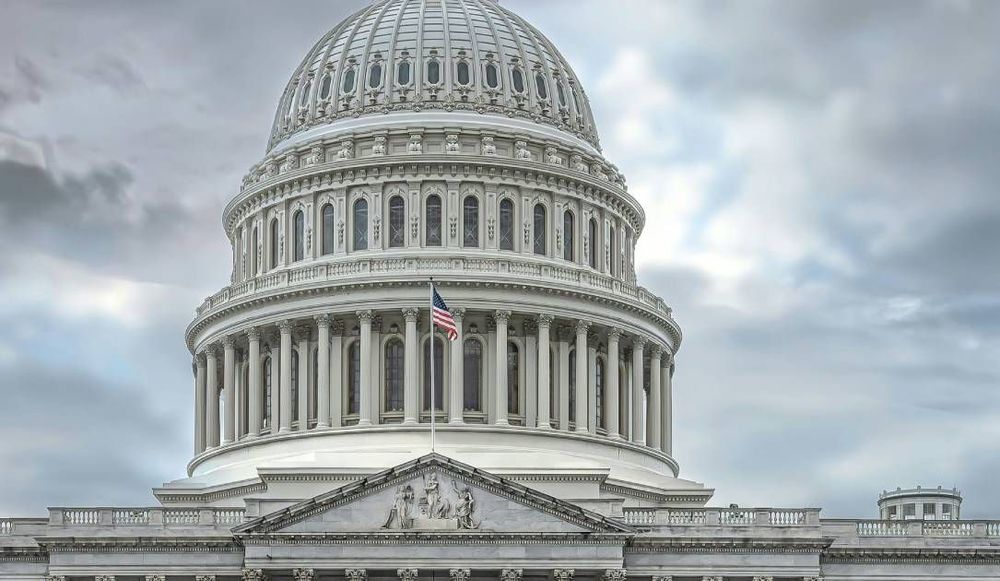House lawmakers move to extend two key cyber programs, for now
A short-term government funding bill unveiled on Tuesday would extend two key cybersecurity laws another seven weeks.
The measure from the House Appropriations Committee would extend the life of the 2015 Cybersecurity Information Sharing Act (CISA 2015) and the State and Local Cybersecurity Grant Program — both of which are slated to expire September 30 — until November 21.
If approved, the two-month reprieve would give House and Senate lawmakers more time to align on how best to renew the statutes, particularly the decade-old cyber threat information sharing initiative, which provides legal safeguards for companies that voluntarily share threat intelligence data with the government or each other.
Private entities and federal officials have been adamant that the effort be renewed.
The House Homeland Security Committee earlier this month advanced measures that would extend both initiatives for another ten years, though neither has yet to go to the full chamber.
Meanwhile, the Senate Homeland Security Committee is slated to take up its version of the threat-sharing legislation on Thursday.
The bill, crafted by Sen. Rand Paul (R-KY), the panel’s chair, is expected to differ from the House’s draft, with a shorter renewal life and would remove some of the safeguards enjoyed by private entities who share information with the government, according to two industry sources, who were granted anonymity because the legislation is not yet public.
While Republican leaders plan to call a floor vote on the funding bill later this week, it’s unclear whether Democrats will vote to support it. President Donald Trump has called on congressional Republicans to ignore Democrats in government funding negotiations.
Martin Matishak
is the senior cybersecurity reporter for The Record. Prior to joining Recorded Future News in 2021, he spent more than five years at Politico, where he covered digital and national security developments across Capitol Hill, the Pentagon and the U.S. intelligence community. He previously was a reporter at The Hill, National Journal Group and Inside Washington Publishers.



